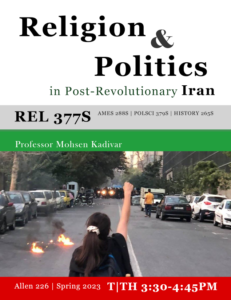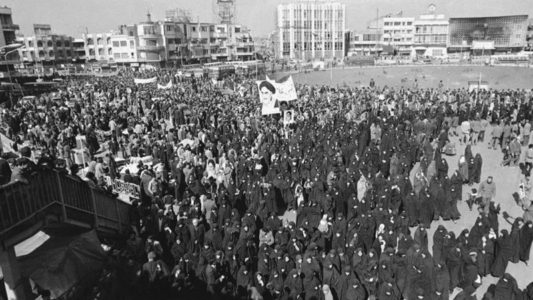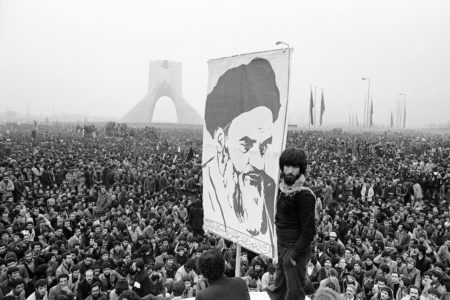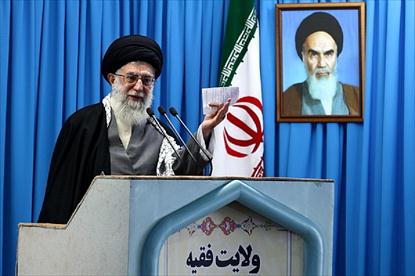
Religion and Politics in Post-Revolutionary Iran
What is the relationship between religion and politics in general and Islam and politics in particular? What does ‘political Islam’ or ‘Islamism mean’? What was Khomeini’s political thought? What does theocracy do with secularism and democracy? What is the role of election in a quasi-democratic regime? How did regime expediency secularize the administration? What is the relationship between civil law and Islamic law (sharia)? Why did the Islamic Republic of Iran transform from a competitive electoral to a non-competitive electoral authoritarian regime?




